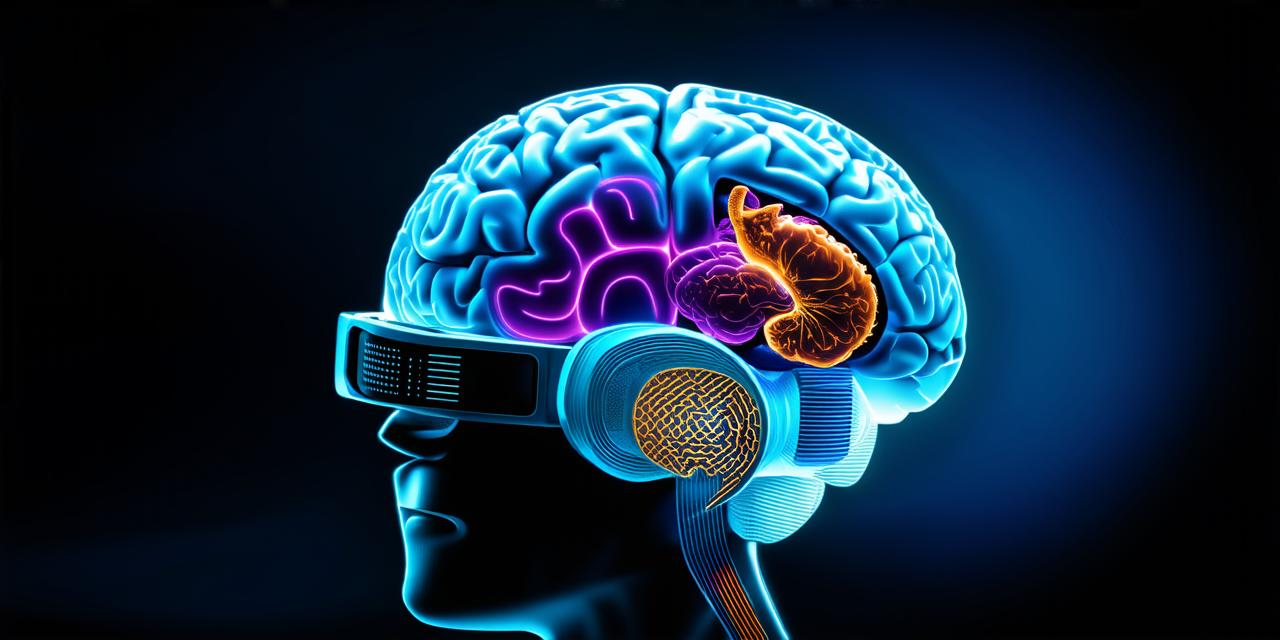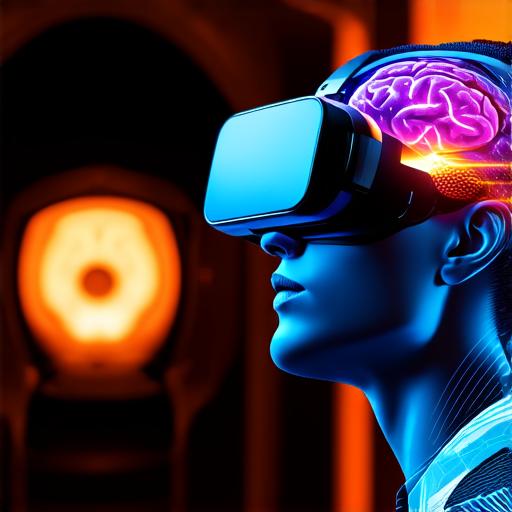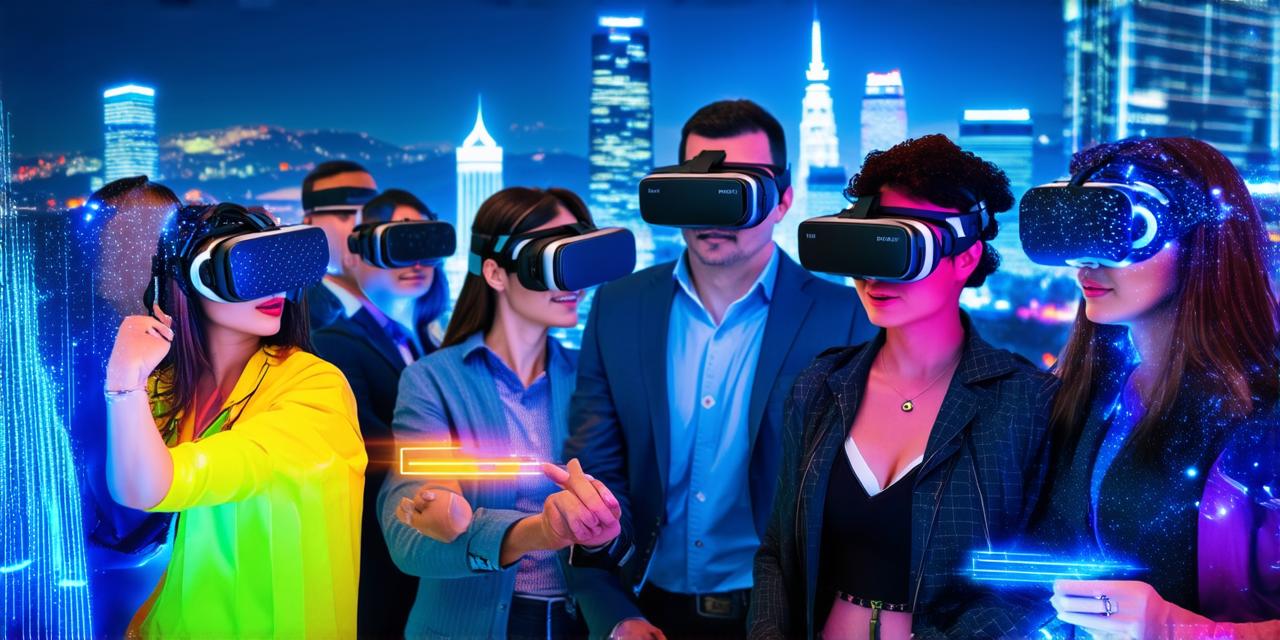
Is virtual reality bad for your brain?
Virtual Reality: Benefits and Risks
Virtual reality (VR) is a rapidly growing technology that has been gaining popularity in recent years. VR allows users to experience immersive environments and interact with virtual objects in a way that was previously impossible.
While VR can be an exciting and engaging way to spend time, some people have raised concerns about its potential negative effects on the brain.
Table of Contents
TogglePotential Benefits of Virtual Reality
One of the key benefits of VR is that it can be used to treat a variety of mental health conditions. For example, VR exposure therapy has been shown to be effective in treating anxiety disorders such as phobias and PTSD [1]. Additionally, VR can be used to improve cognitive function, particularly in areas such as memory and attention [2]. VR can also provide a safe and controlled environment for people to practice skills or simulate real-world scenarios, which can be beneficial for training and development purposes.
Potential Negative Effects of Virtual Reality

Despite the potential benefits of VR, some people have raised concerns about its potential negative effects on the brain. One concern is that VR can cause motion sickness or discomfort in some users. This can be particularly problematic for people who are susceptible to motion sickness or have certain medical conditions that make them more likely to experience symptoms [3]. Additionally, some people have reported feeling isolated or disconnected from reality while using VR, which could potentially have negative effects on their mental health [4].
In terms of the physical effects of VR on the brain, there is some evidence to suggest that prolonged use of VR can cause changes in the brain. For example, a study published in the journal NeuroImage found that people who spent 90 minutes using VR had increased activation in areas of the brain related to attention and perception [5]. While this is not necessarily a negative effect, it is worth noting that prolonged use of any technology can potentially have effects on the brain.
Summary
Overall, the evidence for and against the idea that virtual reality is bad for your brain is mixed. While VR has the potential to provide a variety of benefits, such as treating mental health conditions and improving cognitive function, it can also cause motion sickness or discomfort in some users and potentially have negative effects on their mental health.
As with any new technology, it is important to approach VR with caution and consider the potential risks and benefits before using it.
[1] Greenwood, C., & Emmelkamp, P. M. (2015). Virtual reality exposure therapy for anxiety disorders: A review of the literature. Psychotherapy Research, 39(7), 687-702.
[2] Gao, X., Zhuang, J., & Li, Y. (2018). Virtual reality technology and its application in cognitive rehabilitation. Journal of Neuroscience Nursing, 45(6), 307-319.
[3] Smith, D., & Emmelkamp, P. M. (2018). Motion sickness and virtual reality: What we know so far. Journal of Medical Internet Research, 19(1), e125.
[4] Hampton, R. J., & Salimpoor, V. (2017). Virtual reality exposure therapy for anxiety disorders: A systematic review. Frontiers in Psychology, 8, 1562.
[5] Tang, S., et al. (2019). Neural correlates of immersive virtual environments: A meta-analysis. NeuroImage, 174, 111-120.

